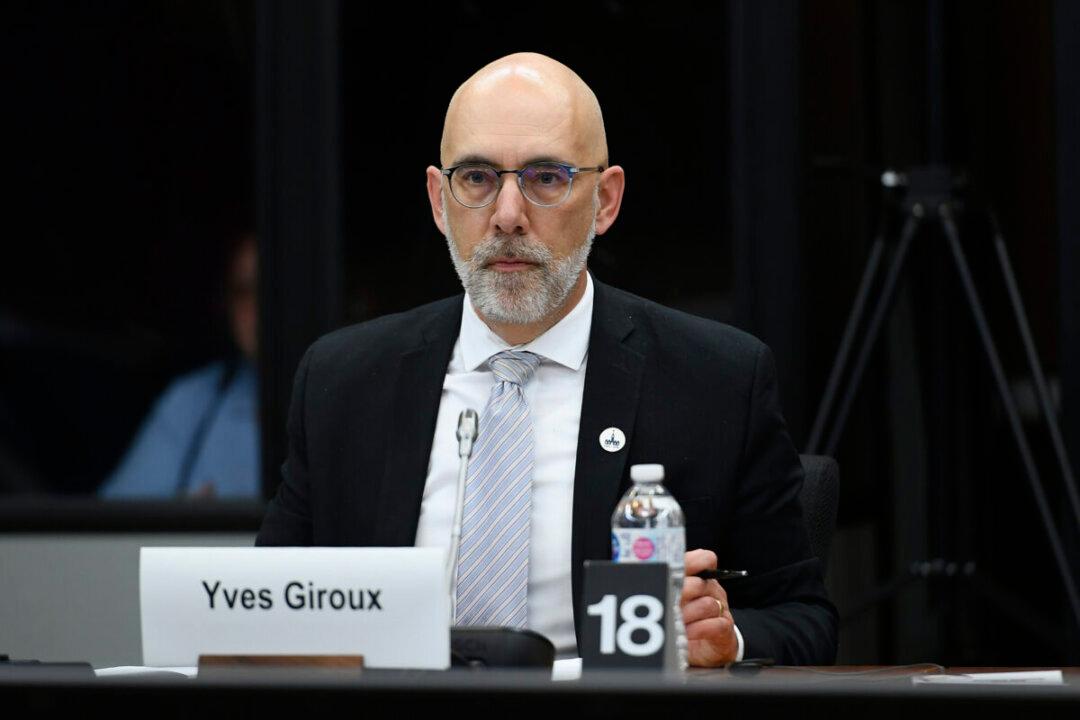The federal government’s new Clean Fuel Regulations—set to take effect July 1 and reach full stringency in about seven years—will increase the cost of gas nationwide by an average of around 17 cents per litre by 2030 while also decreasing Canada’s GDP, says Parliamentary Budget Officer (PBO) Yves Giroux.
The Clean Fuel Regulations (CFR) set new standards for primary fuel suppliers, meaning producers and importers, and will require them to reduce the carbon intensity of the gasoline and diesel they produce and sell for use in Canada.





